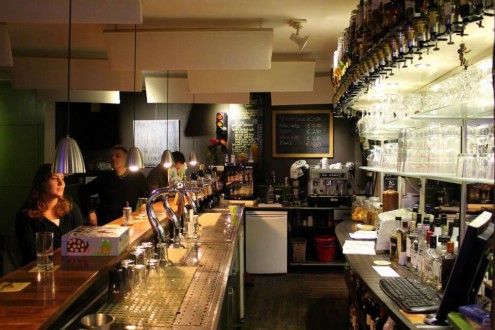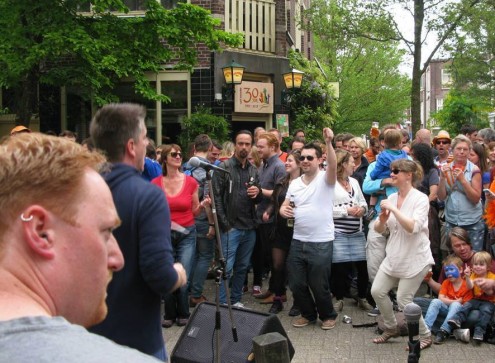From the old box, as the Dutch say, a photo of the Amsterdam street name that nobody checked, which should have read Groenburgwal.
Then again, the country has that neighbourhood named after Lord of the Rings characters and Fart street, and many more stories and fun facts that author René Dings is compiling for a book about street names in the Netherlands.
The longest street name is Ir. Mr. Dr. van Waterschoot van der Grachtstraat in Heerlen, which deserves an English explanation. The Dutch have a title for engineers, ‘Ir.’, Mr. is for ‘Mister’ and ‘Dr.’ is for Doctor and yes, you can compound them. ‘Ir.’ is fading because having taking over the Bachelor’s-Master’s system from the English-speaking world in recent history means dropping titles that are not used in English.
And then there’s more modern day funny names like Mickey Mousestraat in Almere or Eendekotsweg (‘Duck Vomit Street’), Poepershoek (‘Shitters’ Corner’) and Windgat (‘Wind Hole’) in other places, to name a few.
Dings tells the story of a street in Schiedam named after a mayor who got caught doing something wrong, and then you’re stuck with a controversial street name that you have to wait 10 years to change. He also tells about how older cities like Delft deserve more classic names than a relatively new city like Almere. The book is called ‘Over straatnamen met name’ for the Dutch fans.
(Link: nos.nl, Photo of a misspelled street name in Amsterdam by Herenlunch)
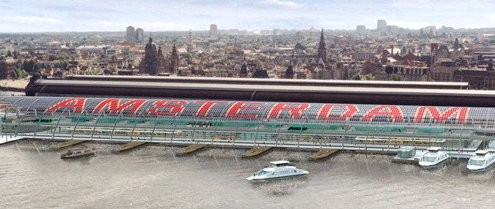

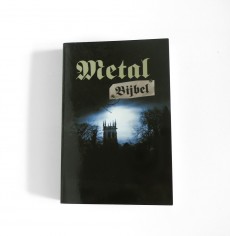
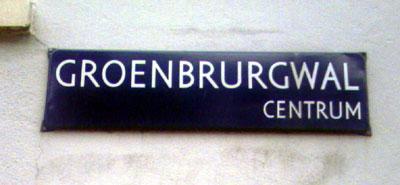
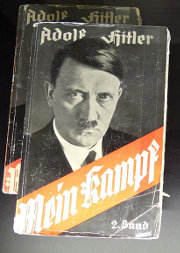
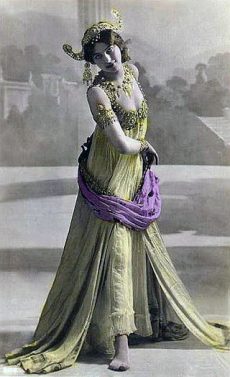
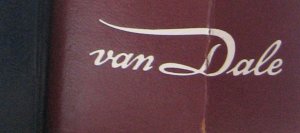
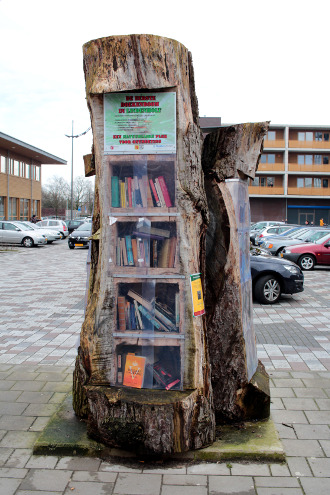
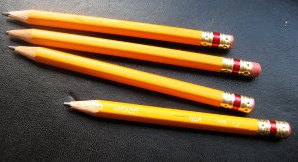
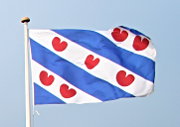 Two-thirds of the employees at Frisian TV station ‘Omrop Fryslân’, who claim to be the ‘guardians of the Frisian language’, have failed their own written Frisian test. Not only are most employees incapable of writing proper Frisian, but the station also receives millions of euro annually to be able to promote the Frisian language.
Two-thirds of the employees at Frisian TV station ‘Omrop Fryslân’, who claim to be the ‘guardians of the Frisian language’, have failed their own written Frisian test. Not only are most employees incapable of writing proper Frisian, but the station also receives millions of euro annually to be able to promote the Frisian language.